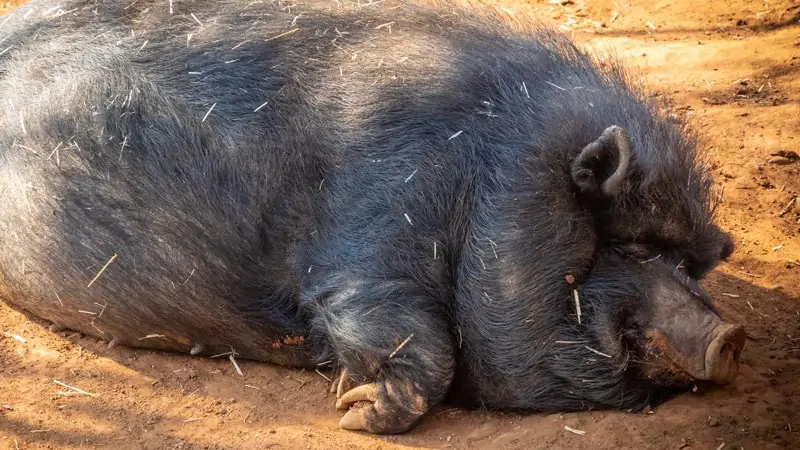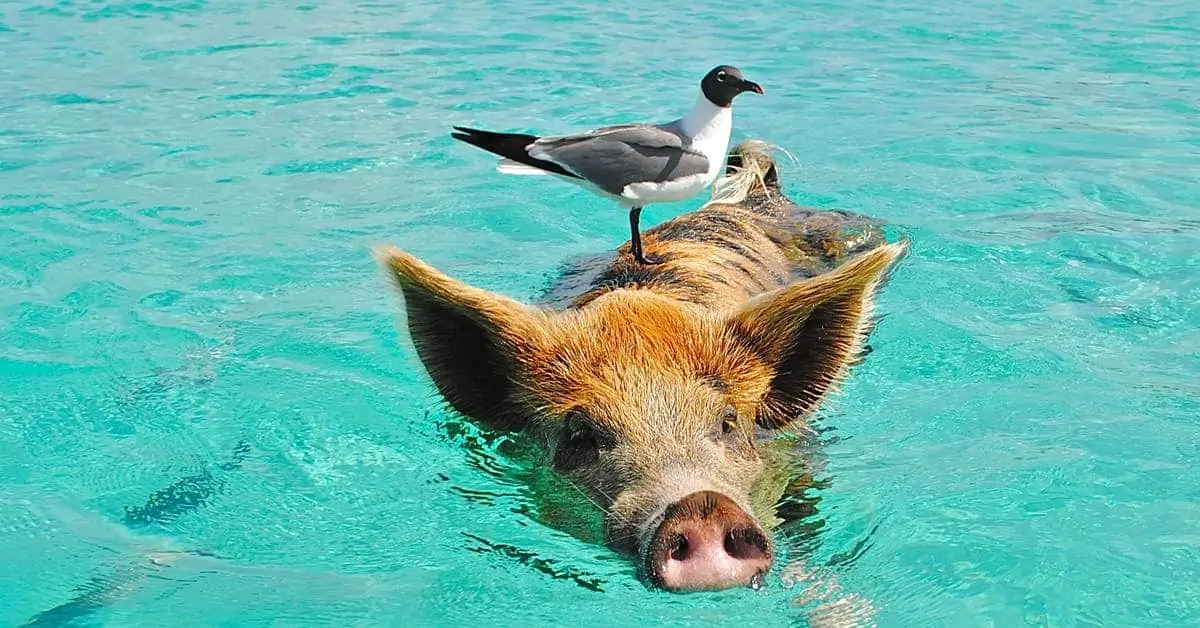Cats and dogs seem to have become the usual trainable pets found in most homes. Although a lot of people would love to have pets of their own, not everyone wants a house full of dogs and cats. I recently discovered that other cat and dog pet alternatives can also be litter box trained.
There is a wide variety of options when it comes to animals that can be litter box trained. The most common litter box trained animals include rabbits, birds, ferrets, ducks, pygmy goats, etc.
Litter box training an animal depends on the type of animal and its peculiar needs. While some animals are easy to litter box train, some others need extra care, time, and attention. In this article, I’ll explain the options of animals that can be litter box trained and how they can be litter box trained.
Can Small Animals Be Litter Box Trained?

Litter training doesn’t apply only to cats. With patience and endurance, you can successfully train other small animals to make use of litter boxes. Using the appropriate technique and equipment for each, you can successfully train ducks, ferrets, rabbits, birds, guinea pigs, etc.
The animal/pet type and peculiar preferences should guide your choice of the litter. It is ideal that small pets litter, feel comfortable and native to them. For small animals like rabbits, hay litters which include oat hays and alfalfa are the favorite options.
Other suitable options are: peat moss, compressed wood, and even ripped paper.
Select a litter box commensurate to the size of your pet, knowing that some of these animals like to spread out inside the litter box. Additional stacks of newspapers underneath the litter box will help to thicken and soak up urine to prevent frequent dampness. The litter box should be kept in the corner of the cage, where the animal has previously expressed potty interest.
Patience and time are required to train small animals to make use of a litter box. Not all accidents are unplanned as some pets use urine and feces to set their territory. Below are steps to help you train your small pets to use the litter box more consistently:
- Commence litter box training with your pet from day one. Younger pets have a brief attention span and low memories as compared to older pets, hence a slower learning pace. Although it is never too late, the earlier you start the training for them, the better.
- Place numerous litter boxes in potty positions to grant your pet more alternatives if they are picky about their potty positions. It will also help small animals locate the right spot when they are playing outside their cage. All boxes should correspond in proportion and litter so it is clearly identified as a latrine space.
- The litter box should be kept clean all the time. This includes changing old litter for fresh ones and cleaning the box to reduce smells and smudges. Rinse the box weekly with white vinegar, but don’t use excessively perfumed soap. This is to avoid obscuring the pet’s natural scent, which serves as a guide to their potty locations.
- Observe your pet when they come outside their cage to exercise and socialize. Immediately they begin to give potty signals, help guide them to the litter box. By doing this, they will learn the right spot to use and reinforce their training.
What Animals Can You Litter Box Train?

- Pot Bellied Pigs: These small round creatures are neither fascinating like a puppy nor bossing like a kitten, but a nice combination of both characteristics. Once you’ve gained their trust, it will spin around for a mild rub. It will amaze you to know that these pigs can be litter trained quicker than dogs.
You can start them off with a litter box, then subsequently condition them to go outside.
- Birds: It is possible to litter train birds, even though some people don’t believe that. Younger birds learn better, but older birds can be trained with ease as they can hold the spatter in much longer. Careful observation will help you recognize when your bird gives a potty signal.
Continuously taking the bird to the same space when they are ready to go, will give them the clue to go there unassisted subsequently. Just like other pets, each bird learns at its own pace, so be patient.
- Ducks: These species are adorable and fun to have as a pet. On the flip side, they can be a handful letting their splatter slip and fall whenever and wherever they feel like. Feces accidents are common with ducks and no amount of rebuke or force works with them.
The exciting news is that you can wear a diaper on your duck to control their mess!
- Hedgehogs: Hedgehogs are considered the topmost rare household pet. Don’t be shocked to learn that these creatures can be litter trained in a matter of days. For me, that’s a great excuse to keep one of these cuties.
From the first day that you get your baby hedge, observe the spots he/she picks to litter. Then you’ll know the exact place to position their litter box. That is as much work as needs to be done.
- Ferrets: Ferrets are similar to rabbits and they can be trained with ease, using a litter can or box. These adorable creatures respond well to positive reinforcements while training. Should they relapse and change their litter position, just take their potty can to the new position and save you both some needless stress.
- Foxes: By now, you should have noticed the drill. Observe where their usual potty spot is and place the litter box there. Take note that foxes, however, often have potty accidents and can be quite noisy. It’s best to train them in your own home, not in an apartment or condo.
What Is the Easiest Pet to Litter Box Train?

Cats are one of the easiest pets to litter box train and you don’t have to bother about how to litter train your kitten. It might please you to know that litter box training is quite a simple affair because most cats teach their kittens how to use a litter box before they arrive at their new homes. Even kittens who haven’t learned are guided by their strong instinct to bury their litter after the deed is done.

